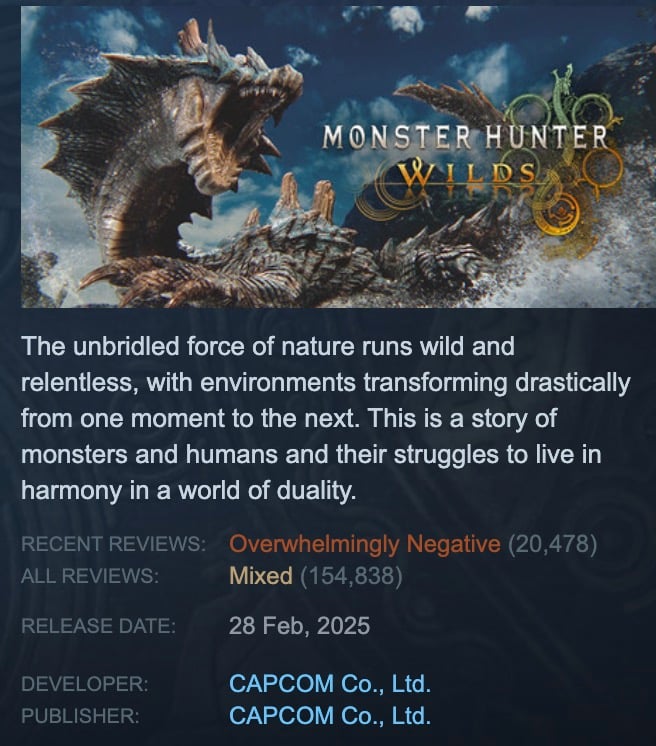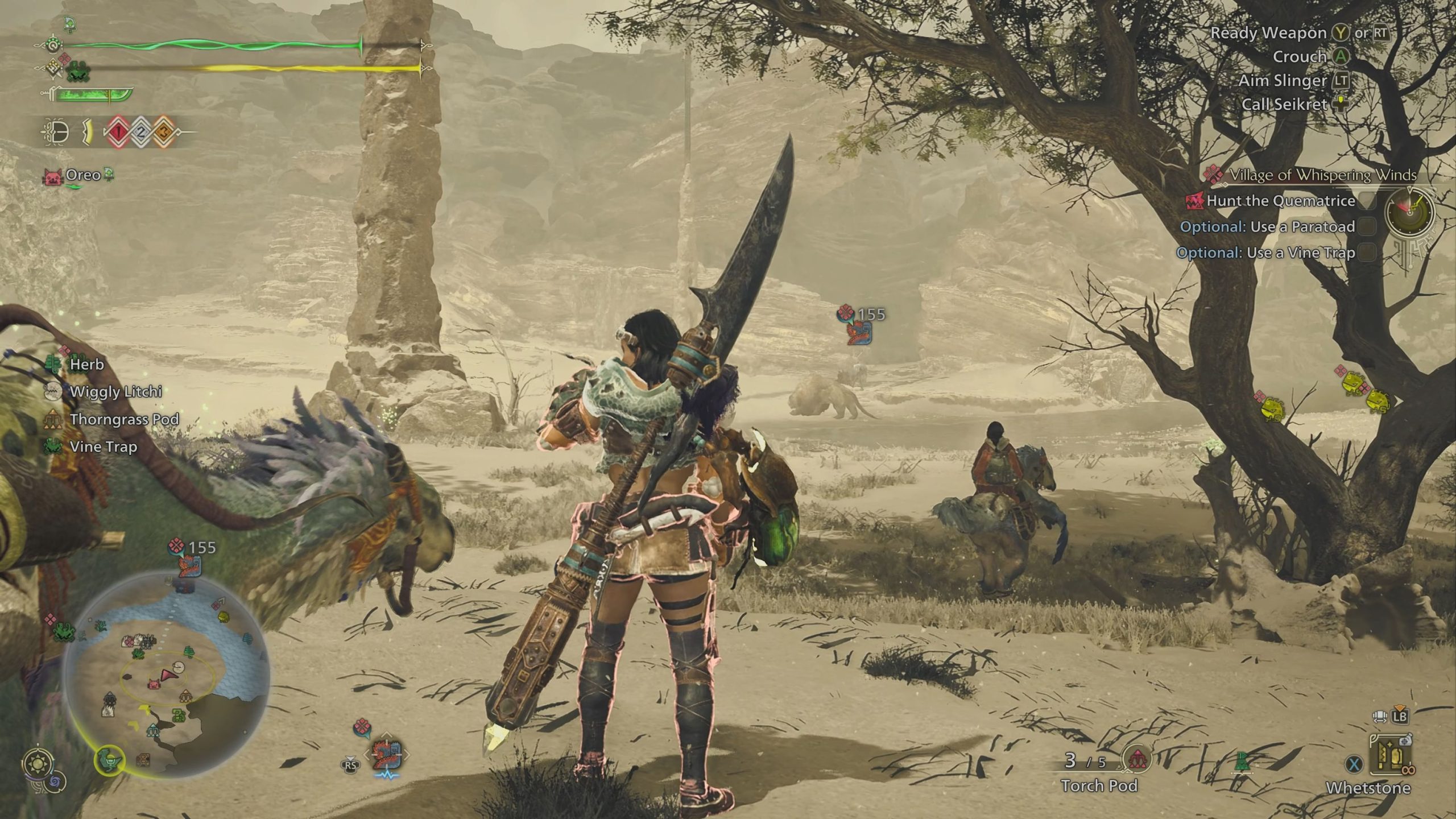Capcom has sparked fresh concern over free expression in gaming, as the company moves to label some of the strong public criticism of Monster Hunter Wilds as harassment that could justify police involvement.
The developer claims that some of the backlash has crossed a line, but its heavy-handed response raises concerns about the growing tendency of corporations to frame speech they dislike as something criminal.
Monster Hunter Wilds launched to impressive sales, but enthusiasm quickly soured.
Technical issues, disappointing endgame content, and other flaws led many fans to walk away, turning instead to older entries in the series.

What followed was a wave of negative reviews and heated commentary across social media and other platforms, as frustrated players voiced their dissatisfaction.
In a statement, the company announced, “We may refuse support or services if we confirm that the following actions go beyond the scope of conventional wisdom. Furthermore, in the event of a malicious case, we may contact the police or a lawyer and take action, including legal action or criminal proceedings.”
Among the behaviors Capcom says could prompt legal action are personal “insults,” “slander,” “defamation,” and contacting employees through private channels.
The company also expressed frustration over what it calls “excessive or unreasonable demands” made outside of working hours.
While genuine threats of violence are a separate matter, lumping personal attacks or harsh criticism into the same category as criminal acts sets a dangerous precedent.










